Bolzano is a magical place. Having lived in Cologne for seven and a half years, and Berlin for six years before that, South Tyrol is absolutely mind-blowing. Every tree along the Talfer river is marked with its name in three languages! The care taken over the local ecosystem is remarkable. And that applies not only to the coexistence of organisms of different species, but also to the local cultural and artistic scene that I am currently discovering thanks to many events and exhibitions taking place around this time. Through studio visits, meeting with artists, local trips – esteemed colleagues in Venice, Milan, Turin a Innsbruck are not far away – as well as lively exchanges with the university and numerous project spaces, festivals, initiatives and communities, I would like to dive deeper and deeper into the region.
The fantastic Museion team gave me an immediate, warm welcome and I look forward to moving mountains and breaking down barriers together. Defining the Museion programme as well as its contents and communications is not the responsibility of the team only. It is also developed with the help of strong civil society voices and the transnational interaction of stimulating research teams. In this respect, Museion, with its new organisational structures, its collection, its residency space and its versatile architecture for all kinds of events, is a highly attractive place where the idea of a museum is continually re-negotiated through the power of art and from an interdisciplinary perspective, both in terms of social discourse and practice. I have followed and appreciated Bart van der Heide’s work and energy for many years and I share his ambitious visions for this relatively young museum. I look forward to supporting him, the Foundation, and the Museion team in developing global dialogues, expanding institutional networks, and inviting outstanding international artists to Bolzano while also reinforcing the international visibility of local positions. Considering the background of my previous confrontation with key institutional issues of accessibility, I share the team’s ambitions that have been strengthened and made more urgent by the forthcoming exhibition Kingdom of the III, that seeks to create dynamic, permeable spaces in which care and diversity are not only represented, but lived.
In this sense, I would like to follow queer feminist, decolonising, and anti-discriminatory approaches that I pursued previously at the Museum Ludwig in Cologne. This included curating two interdisciplinary and discursive exhibitions in the experimental project series Here and Now at Museum Ludwig. In Transcorporealities, Jesse Darling, Flaka Haliti, Trajal Harrell, Paul Maheke, Nick Mauss, Park McArthur, Oscar Murillo, and Sondra Perry (2019/20) rendered the idea of a museum as a permeable body in which different biological, social, technological, political, and economic systems flow into each other. In terms of content and methodology, I also see several parallels with Techno Humanities and the impulses of a new idea and practice of the humanities that is not led by human self-centredness but is shaped by forms of interaction between living and non-living entities. For the Home Visit exhibition in 2016 Marwa Arsanios, åyr, Neïl Beloufa, Pia Camil, Calla Henkel, Max Pitegoff, and Mélanie Matranga created new site-specific works or performances in selected domestic spaces in Cologne at a time when the notions of public and private spheres, transparency and hospitality were all being radically renegotiated by new technological and socio-political developments. In both projects, the aim was to think together with the artists beyond the spatial and conceptual limits of the institution and experiment with new spaces of action.
As a spiritual child of the scientific philosopher Donna Haraway, I tend to orientate myself on three of her fundamental ideas: Storytelling for Earthly Survival – We can never tell enough stories from wide-ranging and marginalised perspectives as they lead us to new paths of knowledge production and awareness. Above all, in this period marked by the uncertainty of huge social, political and ecological crises, and devastating wars, museums that act responsibly, sustainably, and prudently as places of social and transnational exchange are becoming ever more important. The role played by art and culture in both resistance and mediation is essential. Making (Odd)Kin is Haraway’s appeal for alliances between different species at the point where nature, culture, and technology meet. Without doubt, a planned solo exhibition for 2023 will leave its poetic mark in this sense too. Staying with the trouble calls on us to face the social, political, and ecological challenges of our times. We must not retreat into our comfort zones. We must act!
In this sense – sono arrivata. To keep moving.












